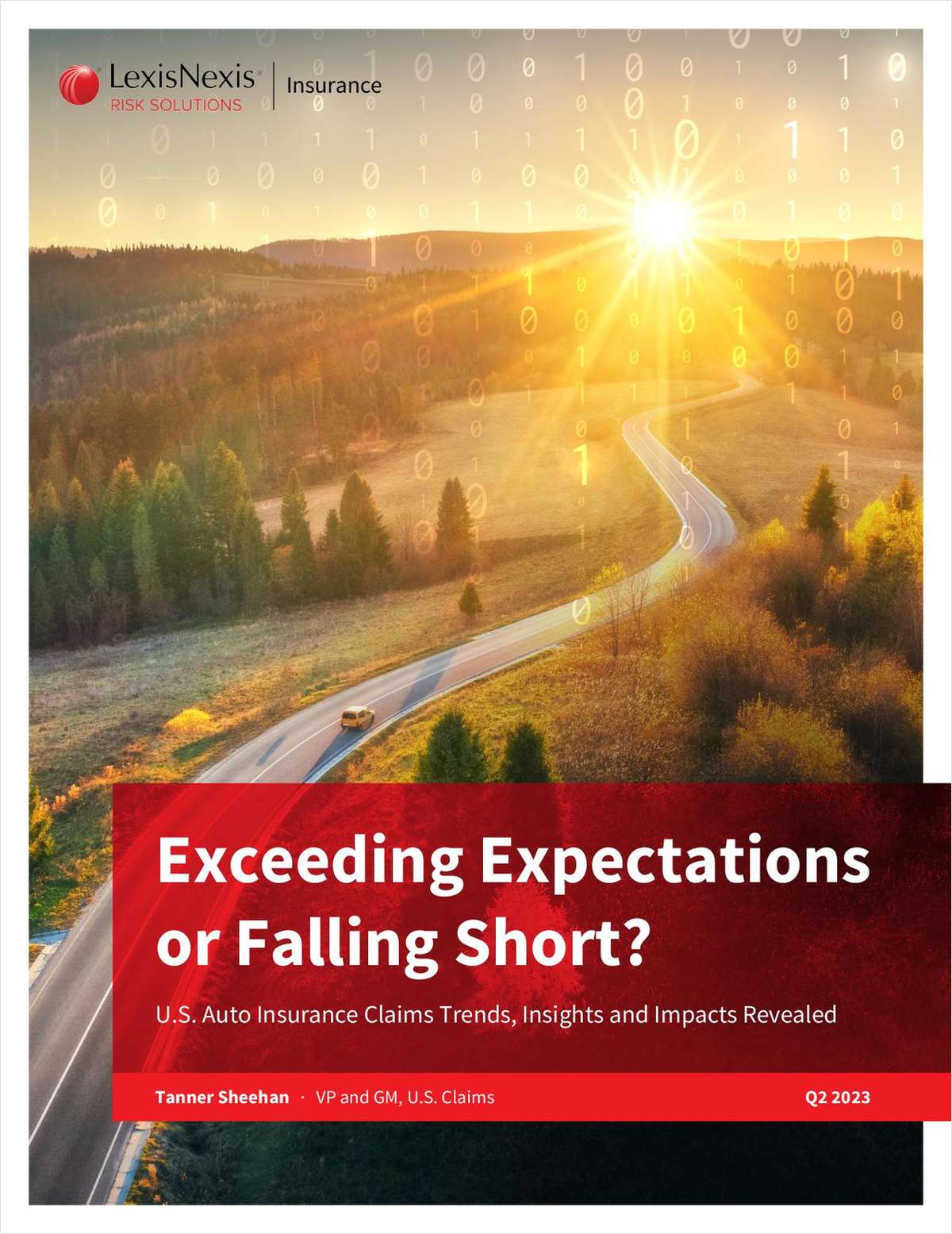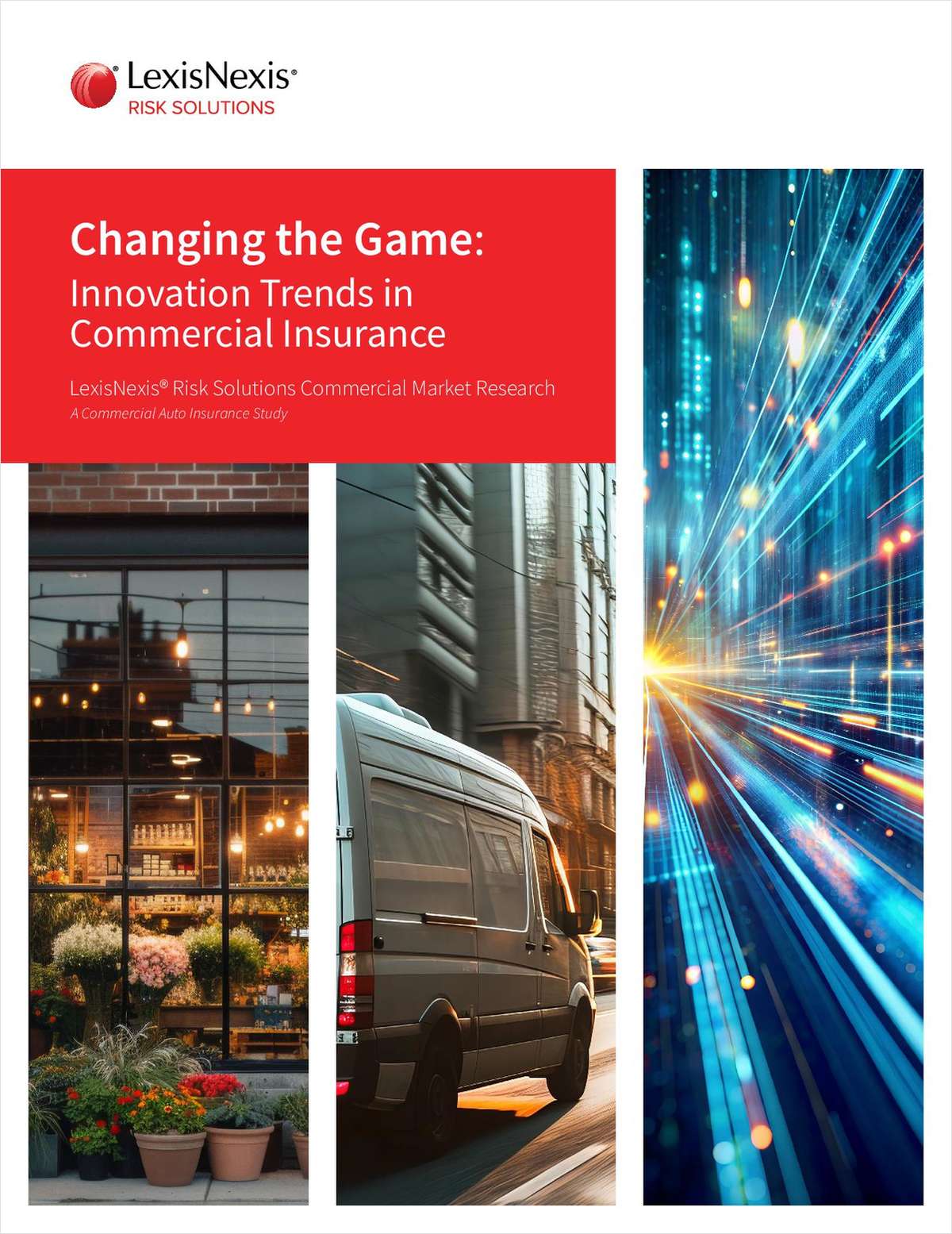About The Author
CONNECT WITH THIS AUTHOR
December 04, 2013
December 04, 2013
December 04, 2013
December 03, 2013
December 03, 2013
December 03, 2013
December 03, 2013
December 02, 2013
December 02, 2013
November 26, 2013







